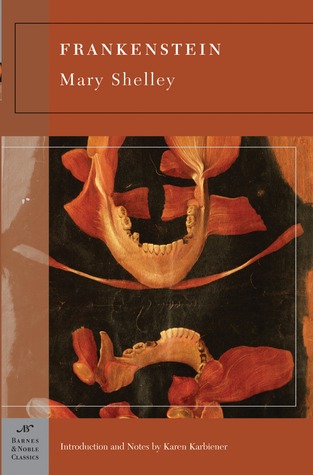At seven minutes past midnight, thirteen-year-old Conor wakes to find a monster outside his bedroom window. But it isn't the monster Conor's been expecting-- he's been expecting the one from his nightmare, the nightmare he's had nearly every night since his mother started her treatments. The monster in his backyard is different. It's ancient. And wild. And it wants something from Conor. Something terrible and dangerous. It wants the truth (Goodreads).
Justifiably winning both the Carnegie and the Kate Greenway medal, A Monster calls combines incredible writing and brilliant illustrations to create an incredibly emotional tale. Filled with bits of dark humor, and also including an excellent lead character, this novel is an instant classic. The monster is also well developed, although the rest of the supporting cast could use a little work. The internal stories are particularly masterful, and offer an excellent view on the main story itself. A heart-wrenching ending leaves the reader satisfied after a wonderful overall plotline. 8.6/10



